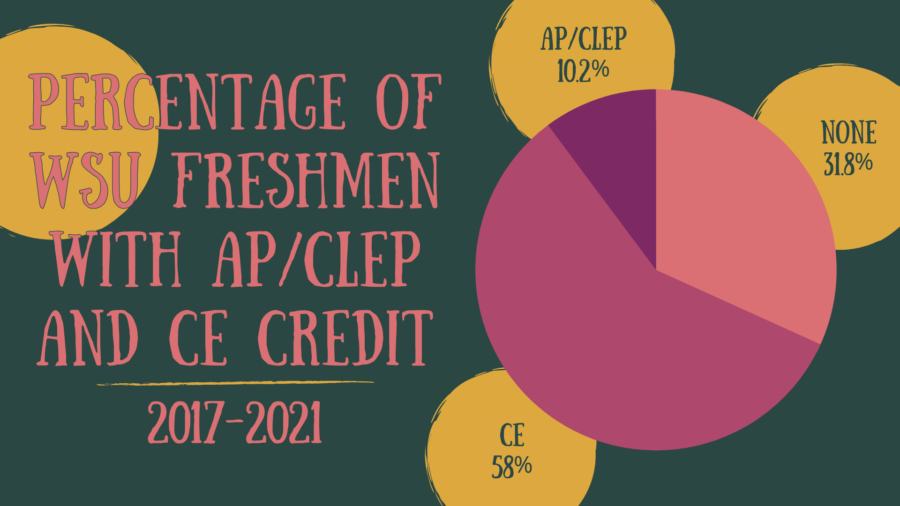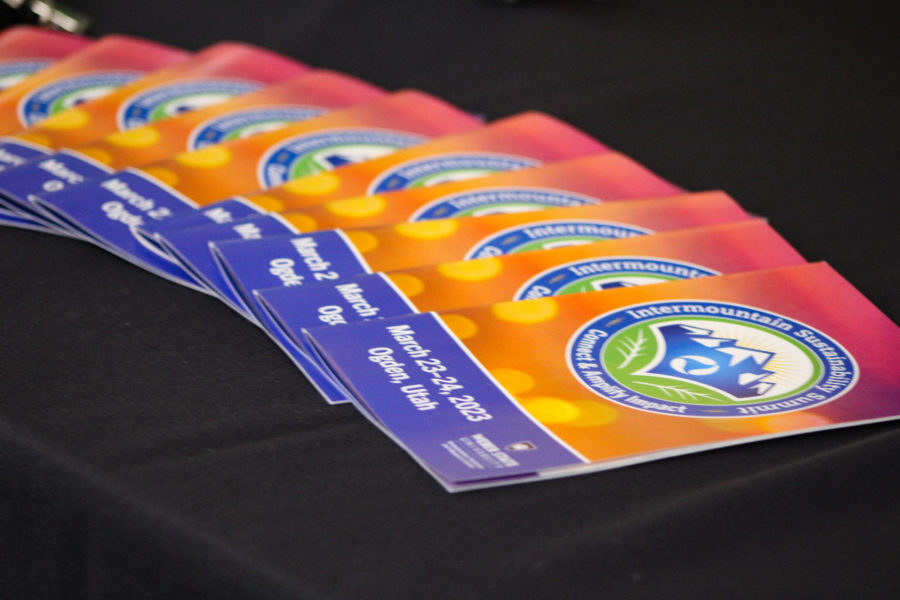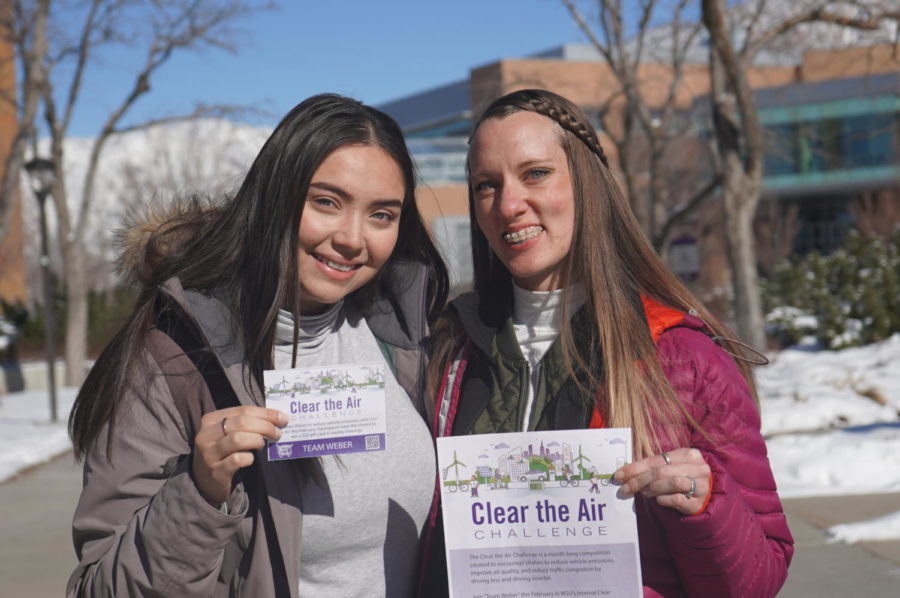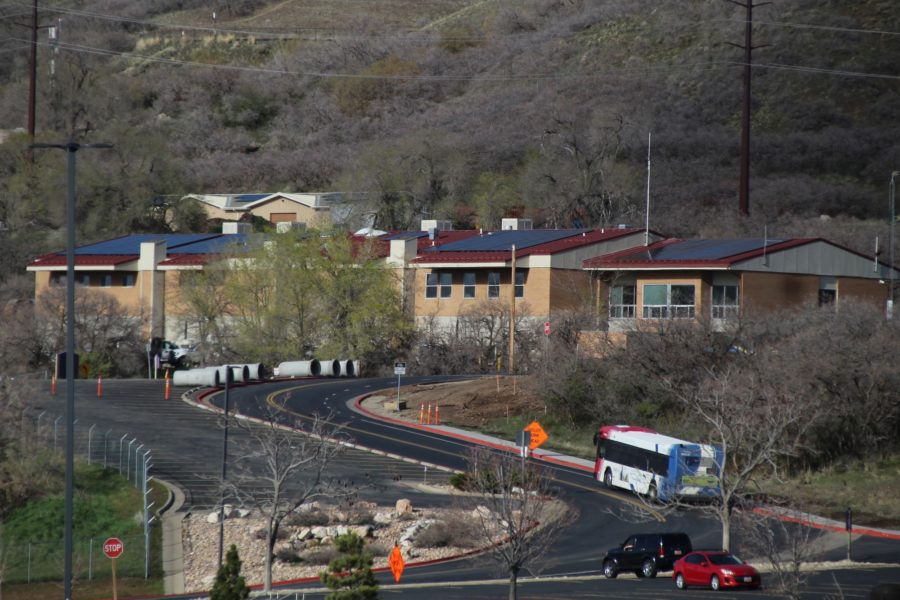
Usually environmentalists and government officials are the individuals associated with recycling techniques and practices. Weber State University economics professor Brandon Koford spent his graduate thesis working on the economics of recycling in Lexington, Ky.
“As economists, we are concerned with how much ‘bang for your buck’ recycling can have on both the individual and the city,” Koford said.
The study involved the monetary incentives of recycling compared to the environmental factors in respect to recycling activity.
Three types of incentives were offered to individuals participating in the study. The first incentive was a dollar to encourage recycling. The second incentive was $2, while the third incentive involved monetary compensation with a printed flier.
“The dollar amount showed some improvement in rates of recycling, but the money invested was not returned in increased rates of recycling,” Koford said. “There is a satisfaction factor that we see as a benefit to the consumer, but in a cost-benefit analysis, the actual cost to the city, in the form of more drivers and equipment, is not beneficial.”
WSU has recently implemented a new recycling incentive that claims 90 percent of recycled materials are not actually recycled. The

idea is to increase rates of recycling to decrease levels of trash in the landfills.
WSU senior Brad Muggenborg said he thinks recycling is everyone’s environmental duty, regardless of economic cost and impact.
“It seems that some officials are too nearsighted, only looking at the bottom line,” he said. “We need to look to protect the natural resources in our backyard. I will continue to recycle, regardless of cost, to help where I can.”
The recycling program at WSU has brought recycling bins to many buildings with simple measures like water bottle-refilling stations.
Amanda Young, a freshman at WSU, said she always puts her bottles into the recycling bins.
“I understand it might cost more, but I feel bad every time I see the commercials talking about animals caught in plastic and bottles floating around the oceans,” Young said. “I think a good program needs to be enforced before the environment fights back.”
The project has alerted officials of the risk of spending money on advertising without seeing a benefit or increase in recycling amounts.
“If we’re thinking about spending large amounts of money, public or private, to change recycling behavior, we have to think very carefully about whether that money is going to have bang for the buck, and our research says — probably not,” Koford said. “If we want to use our resources wisely, this research confirmed that we need to be careful about assuming that we can change anyone’s recycling behavior in an inexpensive way.”
Koford suggested looking to companies that are producing items, that these companies could look into using more environmentally friendly items and raw materials to reduce the impact.



















